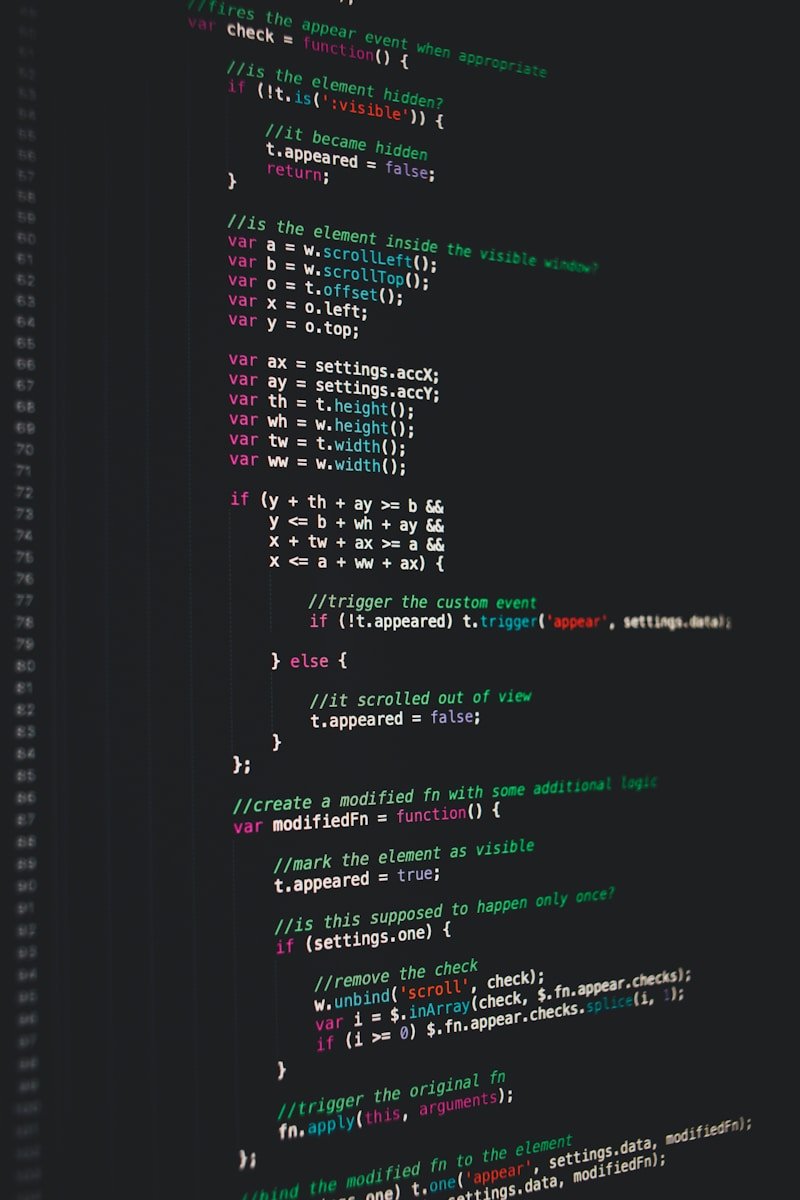(As an Amazon Associate we earn from qualifying purchases)
Mastering Skills with Java Programming Books
Java Programming Books continue to top wish‑lists for coders of every stripe. The language itself holds a perennial spot in the “most‑loved, most‑used” rankings—scoring in the Top 5 of the Stack Overflow Developer Survey four years running (Stack Overflow, 2023). Seasoned engineers turn to Java for mission‑critical banking platforms, while beginners choose it for crystal‑clear object‑oriented foundations. That versatility explains why hiring managers list “core Java” among the three most requested proficiencies on LinkedIn job ads (LinkedIn Talent Insights, n.d.).
Yet tutorials alone rarely provide the depth modern careers demand. Well‑structured Java Programming Books bridge that gap by combining curated theory, hands‑on labs, and real‑world patterns in a single, bookmark‑ready volume. Recent figures from the Pew Research Center show that 72 percent of developers still prefer printed references when tackling a new framework (Pew Research Center, 2024). In short, titles like Effective Java or Head First Java can slash debugging hours, accelerate interview prep, and even inspire side projects built on Spring or Jakarta EE.
“Java is a language you grow into; great books are the ladders.” — Joshua Bloch
How Java Programming Books Fuel Faster Learning
- Context first, code second. Unlike scattered blog posts, Java Programming Books walk you through the “why” behind generics, lambdas, and the Java Virtual Machine.
- Red‑flag patterns. Classic volumes such as Thinking in Java flag pitfalls—null pointer landmines, race conditions—that official docs skim.
- Portfolio power. Interviewers routinely ask about design patterns, concurrency, and garbage collection. Working through sample projects in Java Programming Books arms you with articulate, story‑ready answers.
- Long‑tail skills. The latest editions integrate modules, records, and virtual threads—features that recruiters now tag as “nice to have” but will soon assume you know.
Fun Fact — “The first Java mascot, Duke, debuted as a hand‑drawn 3‑D helper for an interactive TV prototype called Star 7 in 1992.”
Top 10 Best Java Programming Books
- Kennedy, Dr. Seán
- Putten, Maaike van

- Publication, Swift Learning

- Loy, Marc
- Niemeyer, Patrick
- Leuck, Daniel

Choosing Java Programming Books That Match Your Goals
Whether you crave a “brain‑friendly” guide, an exam‑focused crash course, or a deep dive into performance tuning, filter your shortlist by purpose:
- Interview mastery. Titles like Elements of Programming Interviews in Java mirror real whiteboard challenges and include step‑by‑step complexities.
- Code craftsmanship. Clean Code for Java reins in spaghetti architecture and enforces SOLID habits that scale.
- Academic rigor. University syllabi frequently assign Java: An Introduction to Problem Solving and Programming by Walter Savitch for its algorithmic breadth.
Fun Fact
“More than 3 billion devices—from NASA rovers to credit‑card terminals—run Java bytecode every day.”
Secondary Keywords in Action
As you browse, keep an eye out for companion phrases buyers often search before settling on Java Programming Books:
- “Head First Java 2nd Edition” – still praised for its cartoon‑rich pedagogy.
- “Big Java Horstmann” – lauded in academia for end‑of‑chapter projects.
- “Thinking in Java latest edition” – a staple for generics and reflection deep dives.
Balanced keyword placement like this helps readers—and search engines—connect each subtopic to Java Programming Books, boosting discoverability without stuffing.
How to Spot Authoritative Java Programming Books
- Edition freshness. Look for print dates post‑Java 17 to ensure coverage of sealed classes and pattern matching.
- Author credentials. Writers such as Herbert Schildt and Kathy Sierra boast decades of community contribution and JCP involvement.
- Peer endorsements. Browse Goodreads ratings or citations on academic reading lists.
- Supplemental assets. Downloadable code, Git repos, or interactive quizzes signal long‑term value.
The Final Page Turn
Investing in thoughtfully curated Java Programming Books is the fastest way to evolve from syntax familiarity to architectural fluency. A single well‑worn volume can demystify the Java Virtual Machine, shrink debug sessions, and sharpen your narrative during salary‑boosting interviews. Choose wisely, annotate generously, and revisit chapters as the platform advances. Your future self—writing cleaner code, shipping faster releases—will thank you.
“As an Amazon Associate we earn from qualifying purchases.”










